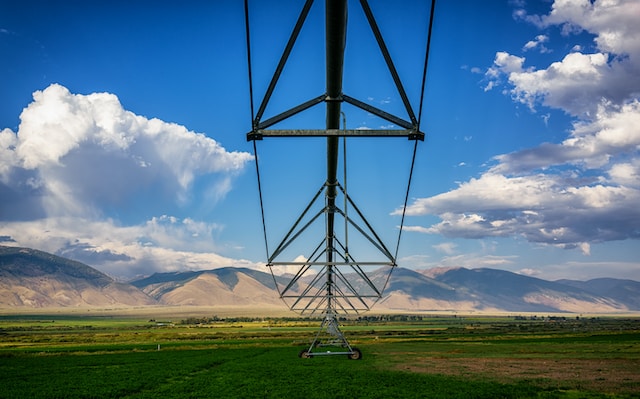Conventional Crop Season Opens Up Prospects for Propane-Driven Irrigation
Midwestern farmers anticipate a regular crop cycle and grain drying period, according to the current corn farming timelines. This presents an opportunity for industry professionals to enlighten farmers about the multifaceted benefits that propane irrigation engines can offer, particularly when it comes to upgrading or retiring old machinery. When pitted against diesel engines, propane-based systems… Continue reading Conventional Crop Season Opens Up Prospects for Propane-Driven Irrigation

